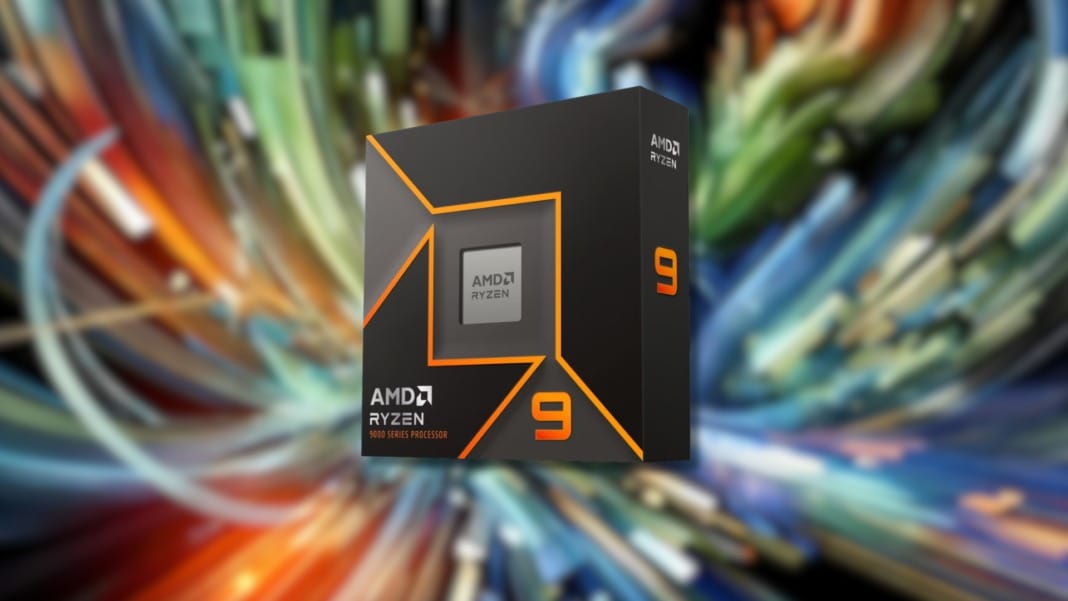Unusually launched on a Saturday, Llama 4 introduces three new models—Scout, Maverick, and Behemoth—each built to understand text, images, and videos on a deep level. According to Meta, the models were trained using large amounts of data without labels to help them more naturally grasp visual content and complex information.
You’ll notice this launch comes amid growing competition in the AI space. Meta’s development pace reportedly accelerated following the rise of DeepSeek, a Chinese AI lab whose models performed just as well—or even better—than earlier Llama versions. In response, Meta’s internal teams were said to have scrambled into emergency meetings to figure out how DeepSeek achieved such cost-effective model performance.
What’s in the new Llama 4 lineup
You can access Scout and Maverick through Llama.com or Meta’s partners, including Hugging Face, a popular developer platform. Behemoth, however, is still undergoing training.
Meta has already updated its Meta AI assistant, which you may use across WhatsApp, Instagram, and Messenger, to run on Llama 4 in 40 countries. However, the assistant’s ability to understand images and multiple data types is currently only available in English within the U.S.
Llama 4 models use a “mixture of experts” (MoE) system. This means that instead of using one big model for every task, it divides the workload among smaller, expert models. This approach saves computing power and time when answering questions.
Scout is built to summarise documents and understand large amounts of code. It can process up to 10 million tokens at a time. (In AI terms, a token is a small piece of text—like how the word “excellent” might be split into “ex,” “cel,” and “lent.”) This makes Scout capable of handling extraordinarily long and detailed documents. You can run Scout on just one Nvidia H100 GPU, making it accessible for more developers.
Maverick is meant for general AI tasks, like creative writing and casual conversations. It has 400 billion total parameters, though only 17 billion are active simultaneously across 128 experts. Parameters are basically what the AI uses to understand and solve problems. Meta says Maverick even outperforms popular models like GPT-4o and Gemini 2.0 in areas like coding, language reasoning, and working with images. However, it still trails slightly behind newer models such as GPT-4.5 and Gemini 2.5 Pro.
Behemoth, the most powerful of the three, will need top-tier hardware. With nearly two trillion total parameters and 288 billion active ones, it’s designed to shine in maths, science, and logic-based tasks. According to Meta’s internal tests, Behemoth beats several high-performing models in these areas, including GPT-4.5 and Claude 3.7 Sonnet.
Limitations and changes in usage policy
There are a few catches if you’re in the European Union or run a large tech company. Meta’s licence rules mean you can’t use Llama 4 if your company is based in the EU. This likely stems from strict regional data privacy laws—rules Meta has publicly criticised before. Also, if your platform has over 700 million monthly users, you’ll need Meta’s special approval to use the model.
Meta also admits that none of the new Llama 4 models are actual “reasoning” AIs. Unlike newer models from OpenAI, which can fact-check and answer more reliably, Llama 4 still focuses on speed and efficiency over deep accuracy. However, that could change with future updates.
Interestingly, Meta says it has adjusted Llama 4 to answer more controversial or sensitive questions than earlier versions would. Where older models might have refused to comment, Llama 4 is designed to handle politically or socially debated topics more balanced and neutrally. The idea is to give you answers without pushing any specific view.
That’s especially relevant in today’s political climate, where some critics claim AI chatbots are biased. Donald Trump’s allies, including Elon Musk and tech investor David Sacks, have accused popular AI platforms of silencing conservative opinions. Meta’s changes to Llama 4 appear to respond directly to such concerns.
As Meta puts it, this is “just the beginning” for the Llama 4 family. With ongoing updates and new features, you can expect these AI models to play a significant role in the tools and apps you use daily.





